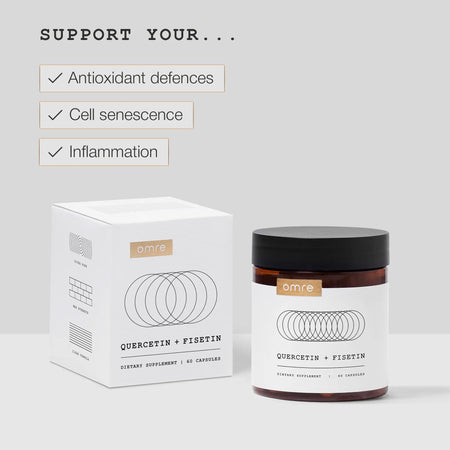The relationship between nicotine consumption and hair health has become increasingly important as various forms of nicotine use, from traditional cigarettes to modern vaping devices, remain prevalent. Understanding how nicotine affects hair growth and health is crucial for those concerned about hair loss.
Can Nicotine Cause Hair Loss?
Yes, nicotine can contribute to hair loss through multiple mechanisms. It constricts blood vessels, reducing blood flow and oxygen supply to hair follicles, affects hormone levels that regulate hair growth, and increases oxidative stress in the body. These effects can lead to slower hair growth, premature graying, and increased hair shedding. Both smoking and vaping nicotine products can contribute to this type of hair loss.
How Nicotine Affects Hair Health
Direct Effects on Hair Follicles
- Reduces blood circulation to scalp
- Decreases oxygen supply to follicles
- Interferes with nutrient delivery
- Damages DNA in hair follicles
Systemic Effects
- Increases oxidative stress
- Disrupts hormone balance
- Weakens immune system
- Accelerates aging processes
Forms of Nicotine Consumption and Hair Loss
Cigarette Smoking
Effects include:
- Direct toxin exposure
- Reduced blood circulation
- Free radical damage
- Inflammation increase
Vaping and E-cigarettes
- Concentrated nicotine exposure
- Potential chemical impacts
- Variable nicotine levels
- Unknown long-term effects
Signs of Nicotine-Related Hair Loss
Early Warning Signs
- Increased daily hair shedding
- Thinner hair texture
- Slower hair growth
- Premature graying
Progressive Symptoms
- Receding hairline
- Overall thinning
- Brittle hair strands
- Dull hair appearance
Scientific Evidence
Research Findings
Studies have shown:
- 50% higher risk of premature hair loss in smokers
- Correlation between nicotine use and early graying
- Reduced hair growth cycle duration
- Increased oxidative stress markers
Additional Risk Factors
Lifestyle Factors
- Poor diet
- Stress
- Lack of exercise
- Inadequate sleep
Health Conditions
- Hormonal imbalances
- Cardiovascular issues
- Autoimmune disorders
- Nutritional deficiencies
Prevention and Recovery
Quitting Strategies
- Nicotine replacement therapy
- Professional counseling
- Support groups
- Gradual reduction
Hair Health Improvement
- Improved diet and nutrition
- Scalp care routines
- Stress management
- Regular exercise
Timeline for Recovery
Short-term Changes
- Blood circulation improvement (within weeks)
- Reduced inflammation (1-3 months)
- Decreased shedding (2-4 months)
- New growth signs (3-6 months)
Long-term Benefits
- Improved hair thickness
- Better hair quality
- Normalized growth cycle
- Overall health improvement
Treatment Options
Medical Treatments
- Minoxidil
- Prescription medications
- Scalp treatments
- Hair growth supplements
Natural Remedies
- Essential oils
- Scalp massage
- Herbal supplements
- Natural hair masks
Professional Help
When to Seek Medical Advice
- Excessive hair loss
- Scalp conditions
- Pattern baldness concerns
- Quitting support needs
Lifestyle Changes for Hair Health
Dietary Recommendations
- Protein-rich foods
- Essential fatty acids
- Biotin-rich foods
- Antioxidant sources
Stress Management
- Regular exercise
- Meditation
- Adequate sleep
- Work-life balance
Conclusion
Nicotine's negative impact on hair health is well-documented, with clear evidence showing its role in causing and accelerating hair loss. Whether through smoking or vaping, nicotine consumption can significantly affect hair growth and overall hair health. However, the effects are largely reversible with cessation of nicotine use and proper hair care practices. For those concerned about hair loss, quitting nicotine use, combined with healthy lifestyle changes and appropriate treatments, can lead to significant improvements in hair health and growth.
Move Better, Feel Stronger, Live Longer
Don’t let inflammation, sluggish recovery, or aging hold you back. Whether you're an active senior wanting to keep moving, an immune-conscious individual looking for extra support, or an athlete recovering from tough workouts, Quercetin + Fisetin helps your body function at its best.
This powerful duo works at the cellular level to promote resilience, fight inflammation, and support longevity—so you can keep doing what you love.
Stay strong, stay active, and take control of your health today!
Get Quercetin + Fisetin Now!
Quercetin + Fisetin
Quercetin and Fisetin help manage 'zombie' senescent cell burden and support cellular rejuvenation.*
Read more:


